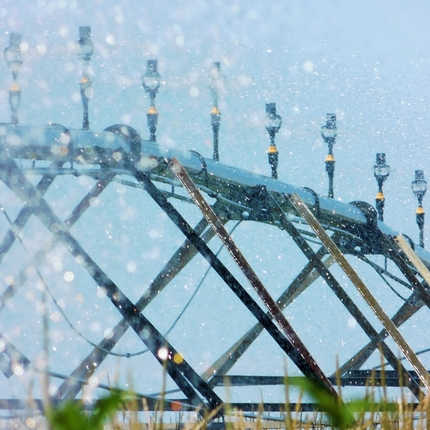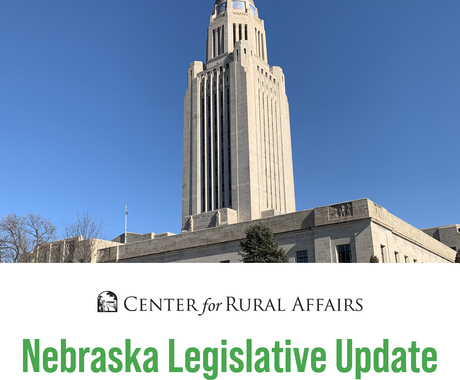By Cody Smith, former staff member
August is National Water Quality Month and, as we celebrate, lawmakers are negotiating the 2018 farm bill. Members of the farm bill conference committee have the ambitious charge of reconciling the stark differences between the House and Senate proposals.
Farm bill conservation programs, like the Conservation Stewardship Program, are key to water quality improvement efforts in major waterways across the nation.
The Conservation Stewardship Program rewards farmers and ranchers for meeting high conservation standards; it also provides incentives for the implementation of resource management practices on their operations. The program is very popular, with more than 70 million acres of agricultural and forest land enrolled nationwide.
Planting cover crops like rye, wheat, and clover, are common conservation practices to improve water quality under the Conservation Stewardship Program. More conservation techniques, like cover crops, can help reduce nutrient runoff and soil erosion from farm fields and lead to cleaner water. The program allows farmers to try new conservation practices – something they likely couldn’t afford to do without these funds.
The House version of the farm bill eliminates this effective stewardship program by folding it into a less comprehensive one. If you value clean water, tell your lawmakers to save the Conservation Stewardship Program. National Water Quality Month is a time to be thankful for our clean water – can you name a better way to celebrate?




